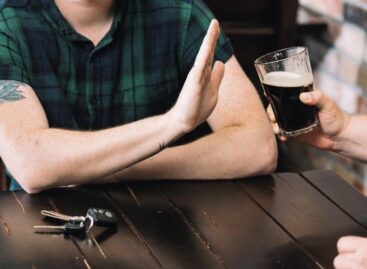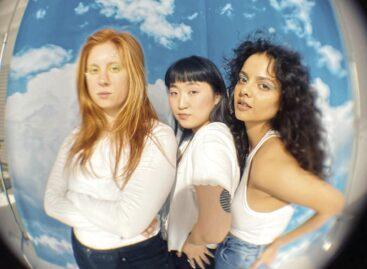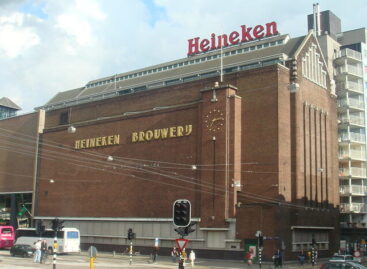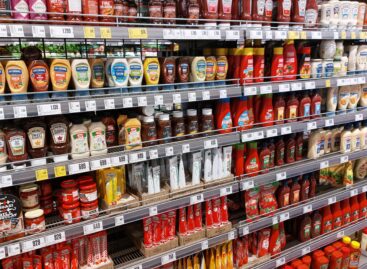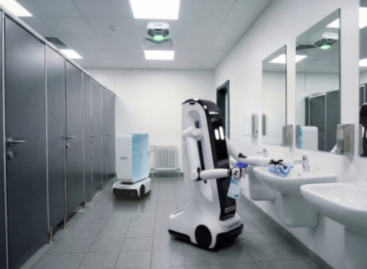A trend change among young people: Generation Z thinks differently about non-alcoholic drinks
The efforts made for responsible alcohol consumption seem to be paying off: according to the latest results of international research by HEINEKEN and the University of Oxford, the way consumers – especially young people – relate to non-alcoholic beverages is undergoing a radical change. The role of group norms and traditions is increasingly being taken over by the assumption of personal values, which is guiding younger generations towards conscious, balanced decisions. The impact is already visible in the market figures.

The perception of non-alcoholic beverages has improved significantly in the past five years, and these beverages are now the default or regularly chosen option for one in five consumers, according to research by HEINEKEN and the University of Oxford. The survey, conducted with the participation of nearly 12,000 adults in five countries around the world – Japan, the USA, the UK, Spain and Brazil – highlighted that the change is substantial and profound, especially among young people. Four-fifths of those surveyed feel that non-alcoholic versions are more acceptable in their own environment, and 68% of them are consumers themselves. 38% of respondents consume low-alcohol or non-alcoholic beverages at social gatherings. Another sign of changing preferences is that while global beer consumption shrank slightly by 1% in 2023, according to data from the beverage data provider IWSR1, the turnover of non-alcoholic versions is growing significantly year on year.
The change in the social environment is particularly important because the peer pressure to drink alcohol – “I drink alcohol because my company expects me to” – is still strongly present at social gatherings today. Half of those surveyed said that they had, although they would have originally chosen a non-alcoholic beverage, they still consumed an alcoholic product due to perceived pressure from the company. The influence of social conformity is also indicated by the fact that 26% of adults surveyed said they would drink less alcohol (or not drink at all) if their friends did the same. On average, 13% of those surveyed said – decreasing with age – that they would hide from their friends if they drank non-alcoholic beverages. And a quarter of those participating in the research feel they have to explain why they choose a non-alcoholic alternative.
However, this effect, i.e. the stigma against those who drink non-alcoholic beverages, seems to be clearly dissolving – especially among members of the younger generations – according to recent research experiences.
Related news
Generation Z: new rules on the labour market
🎧 Hallgasd a cikket: Lejátszás Szünet Folytatás Leállítás Nyelv: Auto…
Read more >Heineken To Cut Up To 6,000 Jobs As Beer Demand Falters
🎧 Hallgasd a cikket: Lejátszás Szünet Folytatás Leállítás Nyelv: Auto…
Read more >Related news
Upcoming deadlines in global minimum taxation
🎧 Hallgasd a cikket: Lejátszás Szünet Folytatás Leállítás Nyelv: Auto…
Read more >A colourful selection of sauces on the Easter table
🎧 Hallgasd a cikket: Lejátszás Szünet Folytatás Leállítás Nyelv: Auto…
Read more >NEURA Robotics and Drees & Sommer launch strategic partnership for robot-ready buildings
🎧 Hallgasd a cikket: Lejátszás Szünet Folytatás Leállítás Nyelv: Auto…
Read more >


